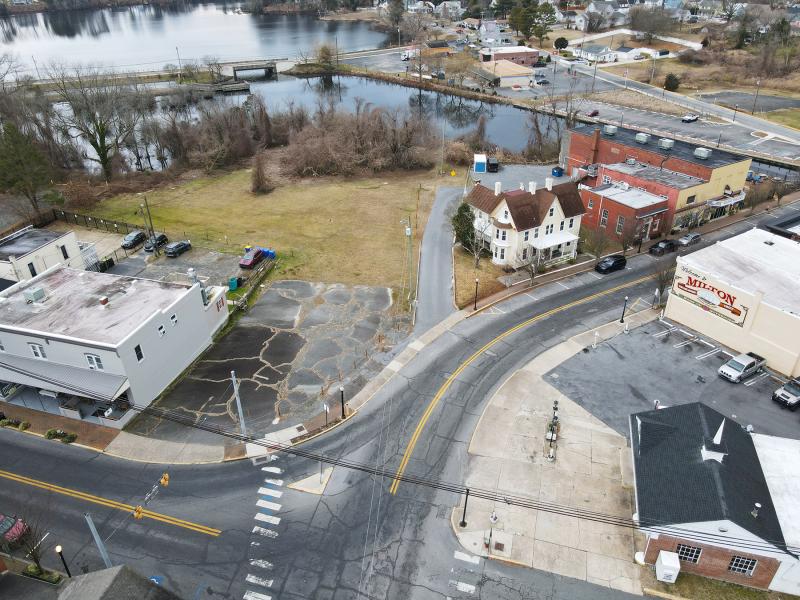Milton mayor clarifies town’s position on water meters

Milton Mayor John Collier says the town is working on two parallel tracks when it comes to updating the town’s water meter system.
First, Collier said residents who have an indoor water meter will still have to pay to have their water meters relocated to an outside pit, per a resolution passed by council in September. Residents with an indoor meter must hire a licensed plumber to install the outdoor pit. Following a two-year grace period, the town will enforce compliance up to and including terminating water service for homes that do not comply.
The town’s rationale for the change is because installing water meters inside customers’ homes was an old industry standard practice. The problem is that town staff must enter customers' homes to access/read meters, and customers are sometimes not home during normal business hours. Town officials estimate that about 100 homes in Milton have indoor meters.
The idea of forcing residents to relocate indoor meters has been around since 2019, when the council under then-Mayor Ted Kanakos passed a similarly worded resolution. Under that resolution, it was estimated that the cost for each water meter relocation was $3,000. However, enforcement of that resolution was put on hold due to the COVID-19 pandemic until it was revisited by council last year.
Collier said in addition to access for town staff, the water meter relocation plan is also necessary for the town to comply with new state code in 2021 to manage the monitoring of water meters, which requires access.
“This access is hindered when meters and backflow prevention devices are located within homes,” Collier said. “Delays in accessing meters due to failing radio read devices have been occurring, sometimes taking weeks or longer. The idea of the town paying for moving the meters to a pit is not equitable, as every residence with an outdoor meter pit had to purchase that meter pit.”
Meanwhile, town council is debating whether to use funds raised by the special development tax district for the Granary at Draper Farm development to replace radio read-style water meters throughout town. All told, the town will have about $1.5 million to spend on projects from the first tranche of money from the Granary project.
Collier said 60% to 70% of meters require manual reading due to the failure of older radio meters.
“The town has conducted pilot testing and identified a suitable replacement, initially considering a phased approach, but now contemplating a town-wide replacement using funds from the Granary,” Collier said. “This approach, like those implemented in Rehoboth Beach and Georgetown, is deemed more efficient and cost-effective. In both Rehoboth Beach and Georgetown, costs estimated were about $1 million for the entire municipality.”
While replacing the radio meters will be townwide, Collier reiterated that those with indoor meters will still have to bear the cost of relocating their meters outdoors.
“They are responsible for covering the costs of the meter pit and hiring a licensed plumber to install both the pit and the new service line from the curb stop valve to the building. According to the town's regulations, their obligation concludes at the curb stop,” he said.

























































